The most magical Galaxy S24 AI feature breaks down language barriers my iPhone can’t
This article may contain personal views and opinion from the author.
We may earn a commission if you make a purchase from the links on this page.
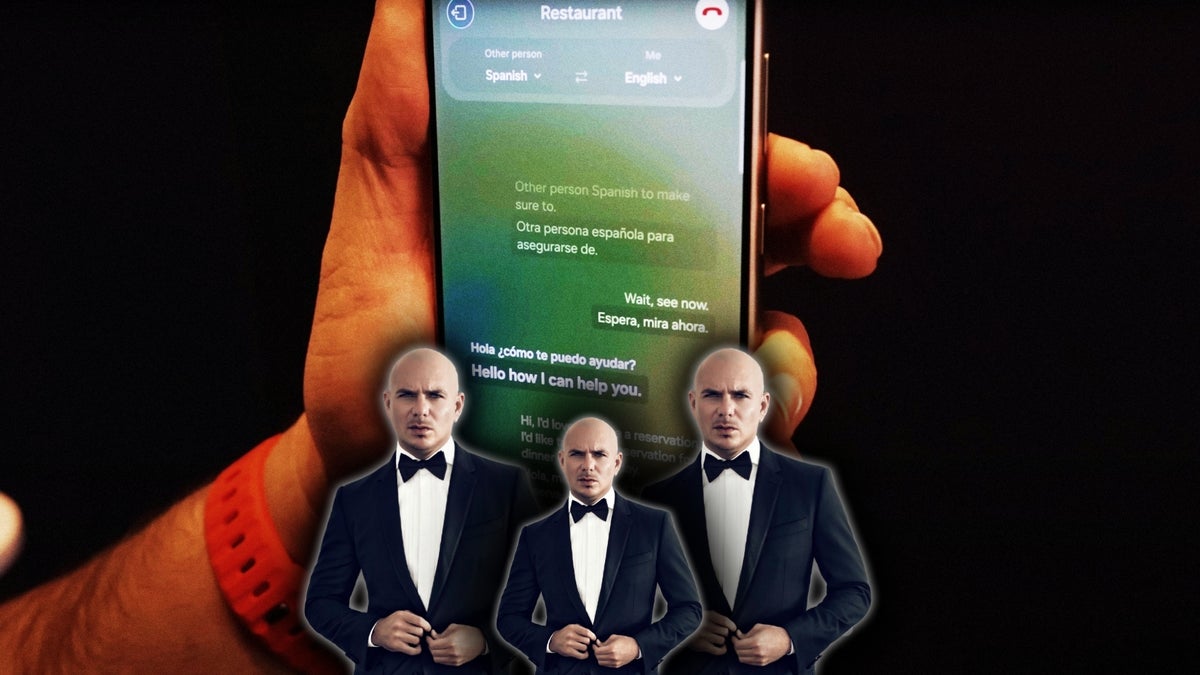
Donde esta la biblioteca?
It just so happens that smartphones are pretty much the only universal tool that’s able to help you “speak” a language you don’t actually speak, and Samsung’s new Galaxy S24 and Google’s Pixel 8 seem like the most powerful tools for getting the job done. At least right now.
How? Well, I hate throwing the biggest buzzword in tech right now but… It’s AI.
Live Translate, Interpreter, and Chat Assistant - the most important trio of new Galaxy S24 AI features you’ll come across
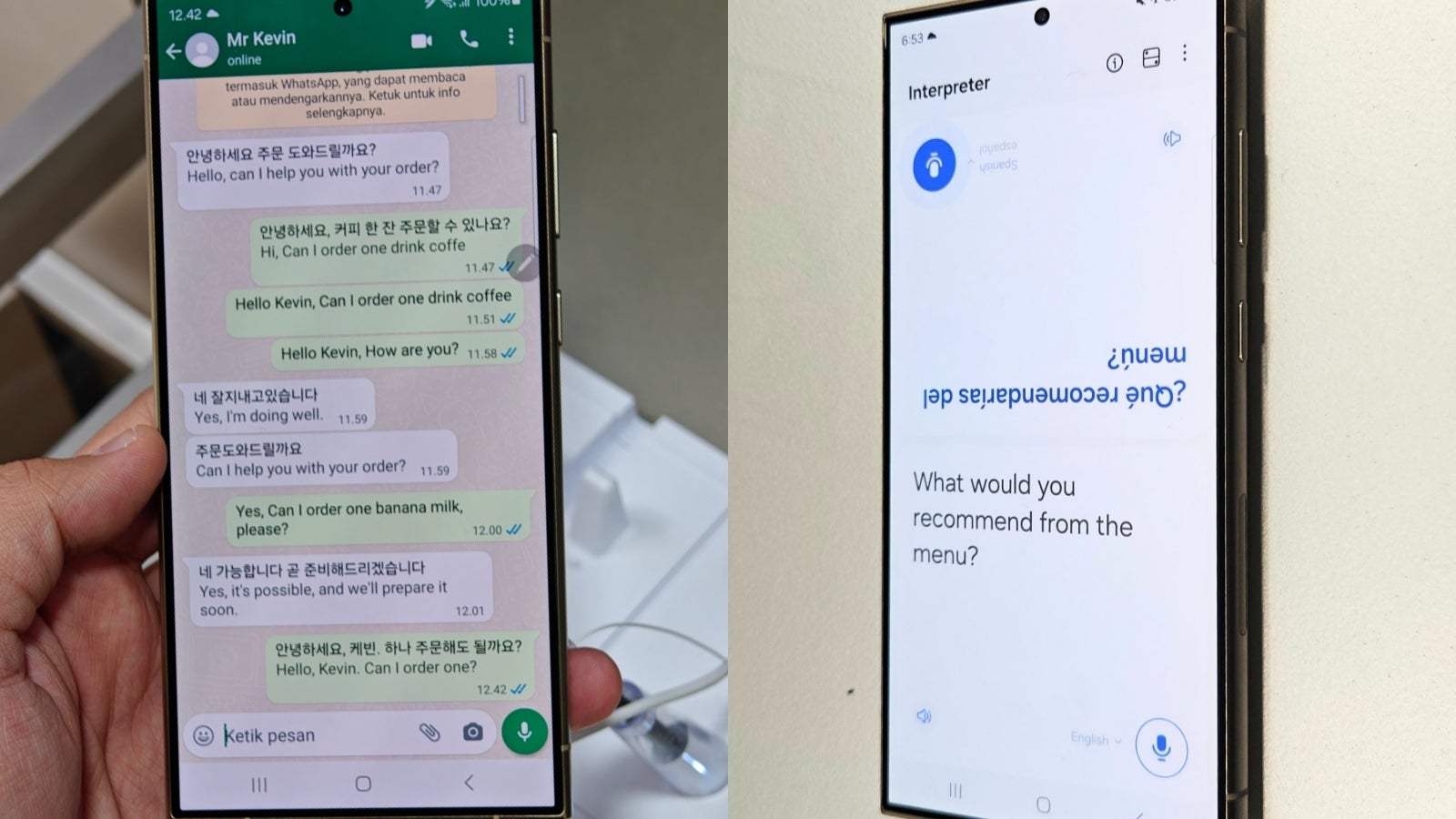
Galaxy S24 can automatically translate your text message conversations in real time (left), regardless of which messaging app you're using.
The Galaxy S24 can automatically translate your text message conversations in real time, regardless of which messaging app you're using.
For those who aren’t familiar with the new language-related AI in the Galaxy S24 series, here they are in a nutshell:
- Live Translate is a two-way, real-time voice and text translation of phone calls within the native Samsung phone app. No third-party apps are required, and on-device AI keeps conversations completely private. Something worth noting about this feature is that based on the tests I’ve seen so far, it won’t perform as well in loud environments, and when speaking in certain dialects
- The Interpreter feature in the Galaxy S24 (available on Pixel 8) lets you instantly translate face-to-face conversations on a split-screen screen view so people standing opposite each other can read a text transcription of what the other person has said. It even works without cellular data or Wi-Fi, which is useful when traveling to remote places - I’ve tried Google’s version of this feature on my Pixel, and the key seems to be timing - you have to start/finish speaking and wait for the phone to finish translating, and keep going back and forth
- Chat Assistant with AI built into Samsung Keyboard can automatically translate your text message conversations in real time, regardless of which messaging app you're using. It’s a system-wide feature, which means it’s not limited to working on Samsung’s Message app, and that’s the real magic. As of now, this feature is unique to the Galaxy S24 series of phones, which makes it quite special
Potentially game-changing: How the language-focused AI in the Galaxy S24 can be useful to you in real life

Here are some other use cases for features like Live Translate and Interpreter:
- Holiday - the most obvious use case scenario for a feature like Interpreter can be the difference between ordering a medium rare or a well-done steak, or going in the wrong direction
- For immigrants who are still learning the local language, features like Live Translate, Interpreter, and text/document translation can be not just useful but essential - whether it’s a face-to-face appointment or a letter you need to translate
- Doctor’s appointments are another setting where translation comes in handy; as someone who’s had to bring translated letters with symptoms to my GP, you could say Interpreter can be a real life-saver
Still, without a doubt, the most popular language-related Galaxy S24 feature will be Chat Assistant, because we live in the age of texting. Then again, Live Translator and Interpreter are far more powerful, since they work with voice input, and can’t be replicated unless you have a living, breathing interpreter.
It’s worth noting that Apple’s iPhone allows you to instantly replace text with a translation by highlighting it. This feature seems to be system-wide. Still, Chat Assistant seems more useful, as it automatically translates incoming and outgoing messages across all messaging apps.
Challenges ahead of Google and Samsung’s magical language AI models: Will Artificial Intelligence make you Artificially Intelligent?

Turns out knowing how to say “habibi” doesn’t make me habibilingual.
While Google and Samsung's push for bringing down language barriers with their phones is exciting, it’s also worth noting that this doesn’t come with challenges - some are more obvious than others…
- The algorithms and AI need to get better at understanding context and dialects, and while 13 of the most popular languages in the world sound like a good start, I’m pretty sure there at least 15 languages in the world - if not 18
- People need time to get used to using their phones for interpreting - especially the face-to-face kind, because as wonderful and fun as technology can be, it can also be…awkward; if not you, the person on the other end might find it weird; then again, making sure you can communicate effectively is more important than feeling embarrassed for a few seconds/minutes
- Being able to translate everything (in the most popular languages) in a pinch can be a double-edged sword; for example, if you always rely on your phone to read/text/speak for and instead of you, the Artificial Intelligence might actually make you lazy, and hinder your general… intelligence
- On the bright side, I do believe that if you use AI as an auxiliary tool, it can actually help you learn a language even faster; of course, your mileage may and will vary
You might never learn the language you’re trying to learn (if you’re trying to learn it), if you don’t need to learn it. I hope you aren't translating this sentence into a different language.
The future of smartphones as tools for breaking down language barriers: Can the Galaxy, Pixel, and iPhone eventually kill Babbel and Duolingo?

To end on a futuristic note, I highly doubt this is the ceiling of Google and Samsung ambitions in the area of AI for language/translation.
Of course, you can try guessing and anticipating many new and specific features, which focus on language and translation, but I think the most important question might be whether the goal of AI language models is to become good enough to be your real-life assistant (without being a real person), or to help you be your own language hero.
I have a hunch that the likes of Google, Apple, and Samsung might eventually implement language AI models/apps that rival the likes of Babbel and Duolingo. In fact, Bing AI and ChatGPT are already changing the way we learn languages (see the video above).
Can AI help people learn new languages, which can be incredibly enriching on a socio-cultural level? Or will AI make us Artificially Intelligent and more reliant on our phones?
Follow us on Google News






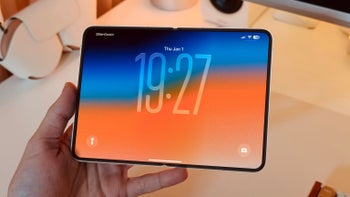

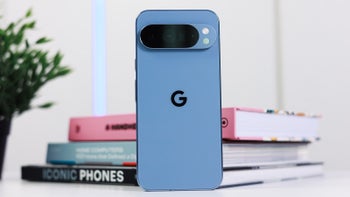

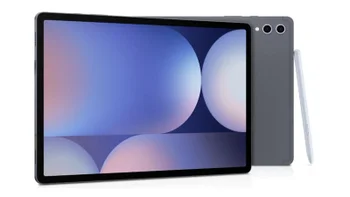
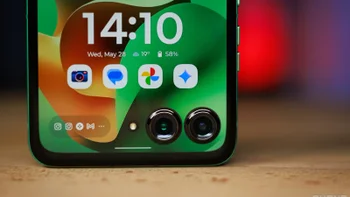
Things that are NOT allowed:
To help keep our community safe and free from spam, we apply temporary limits to newly created accounts: